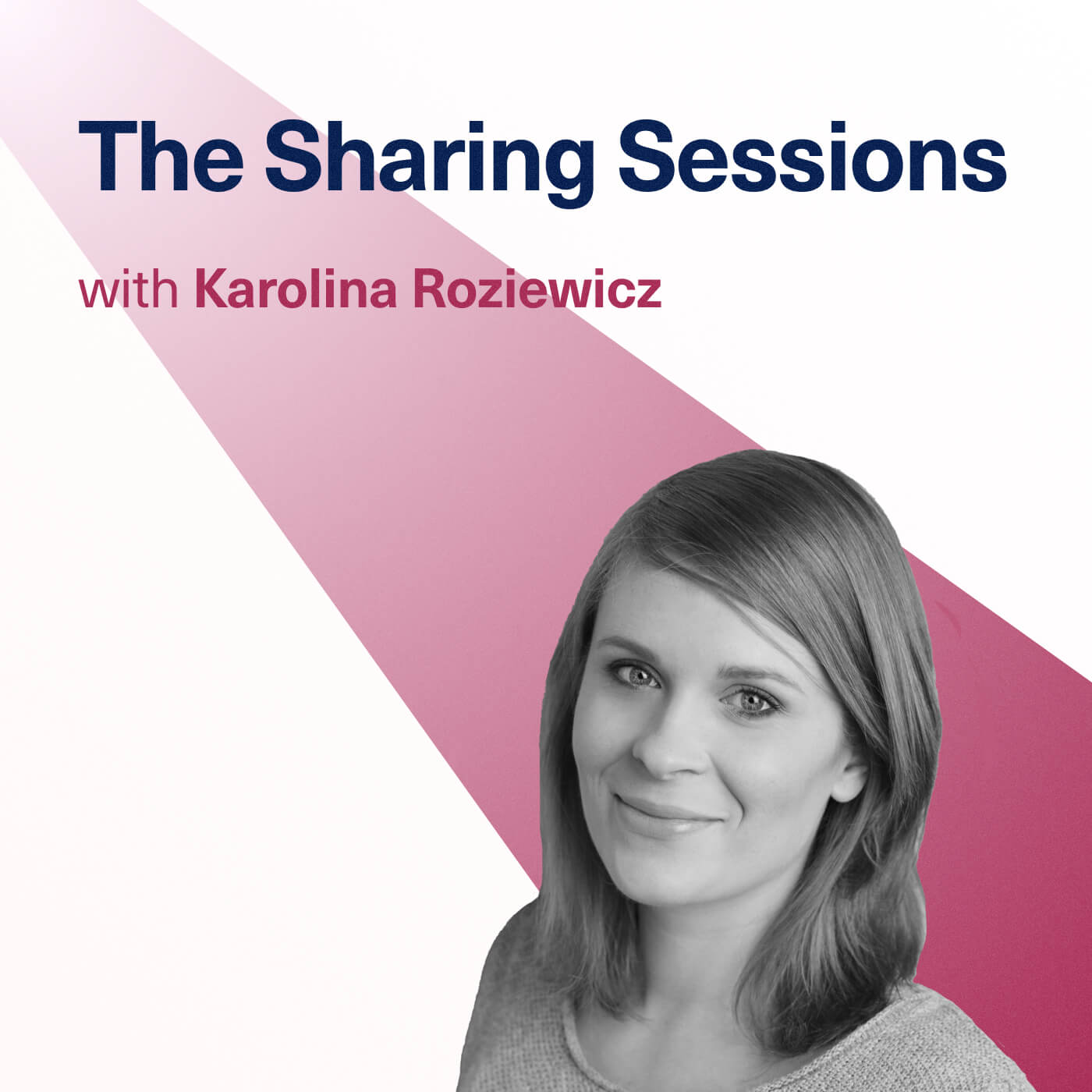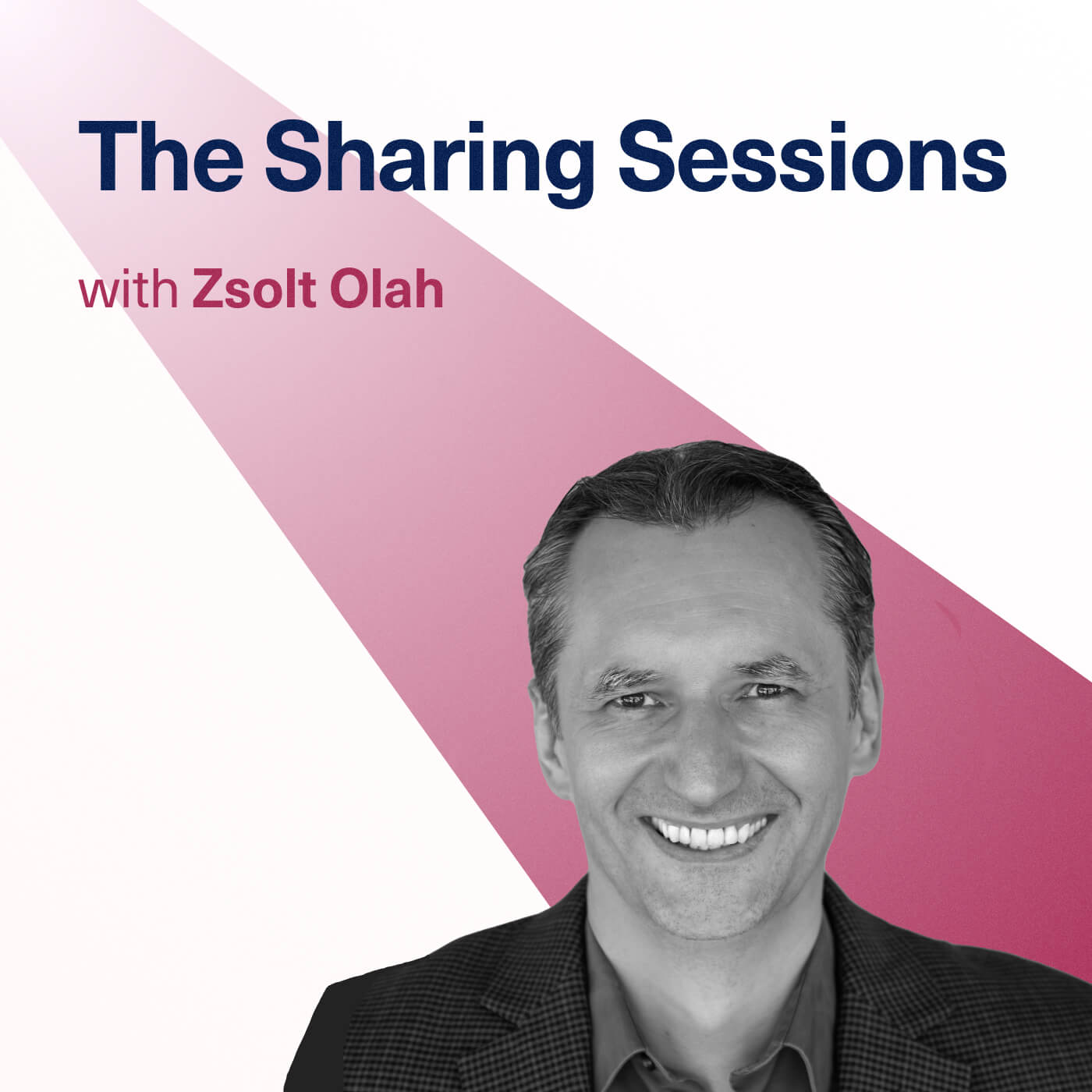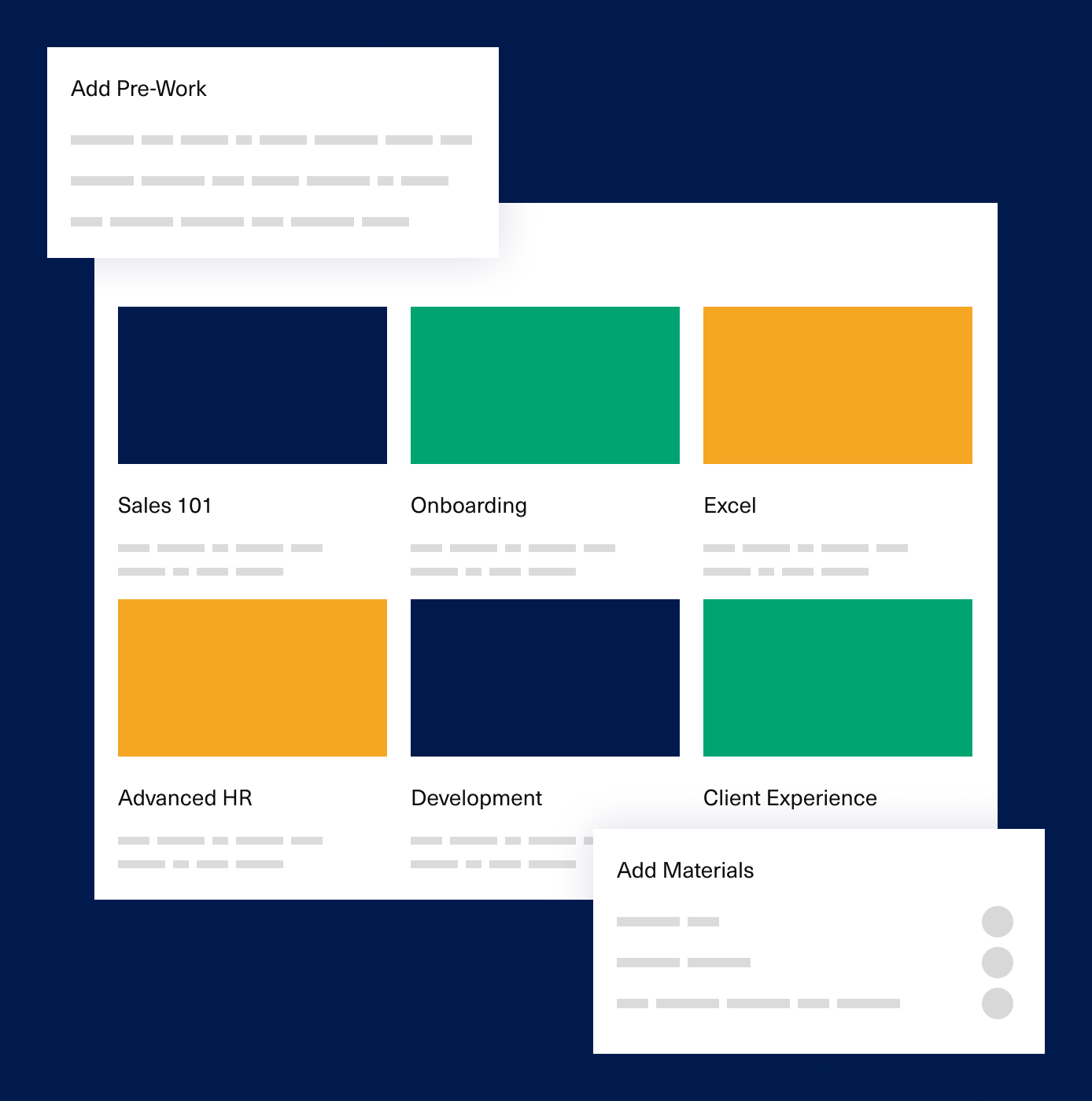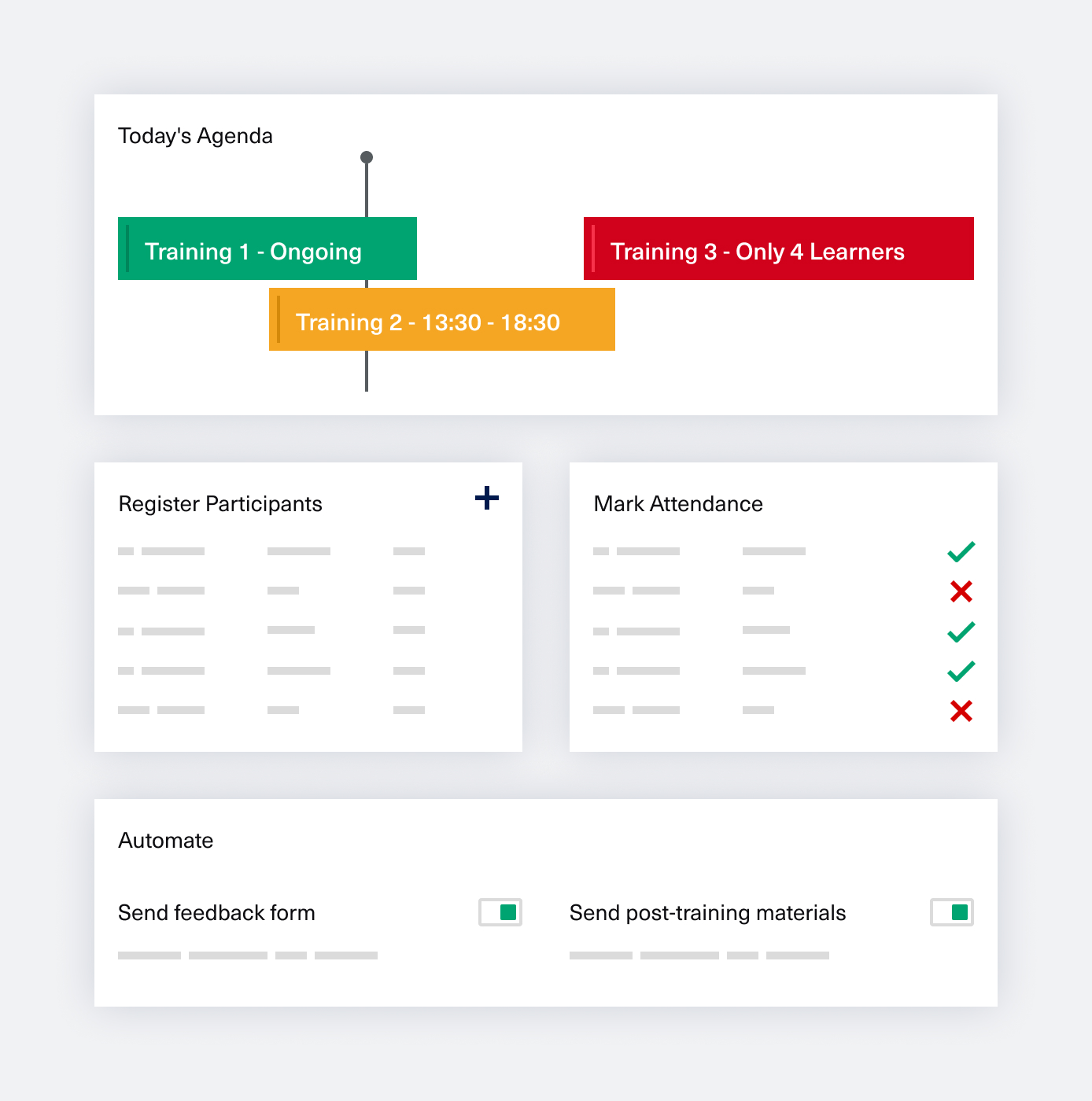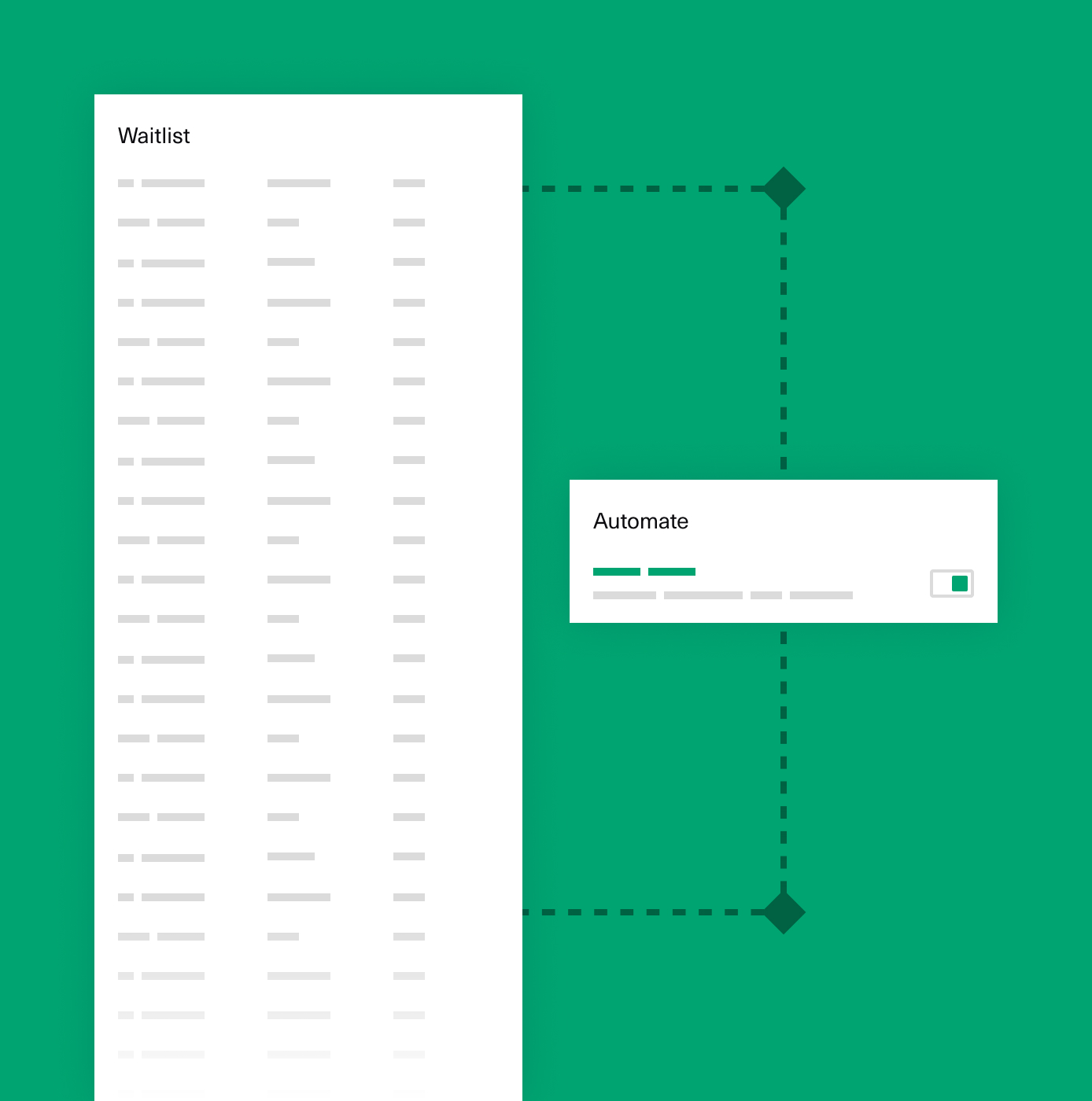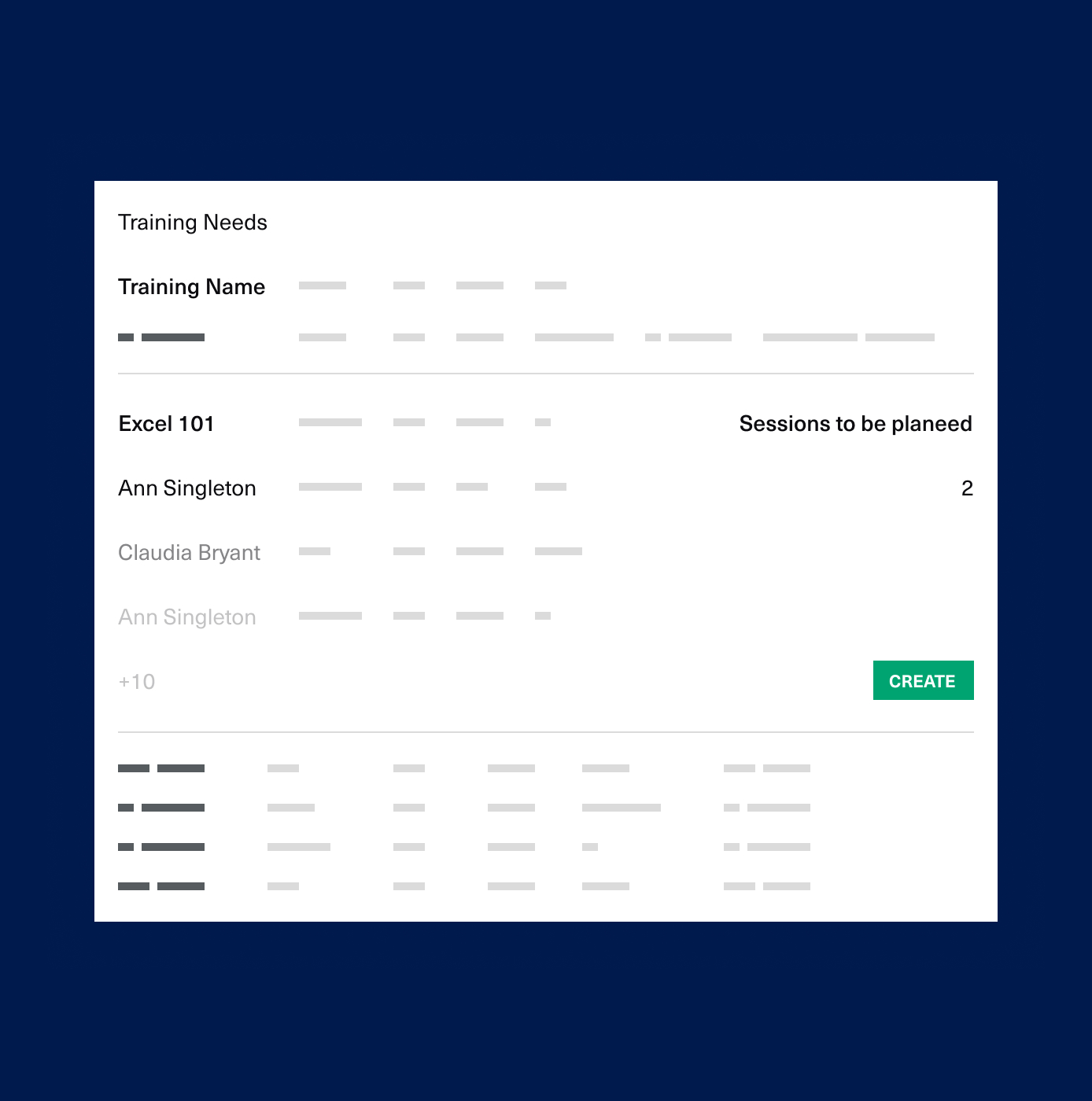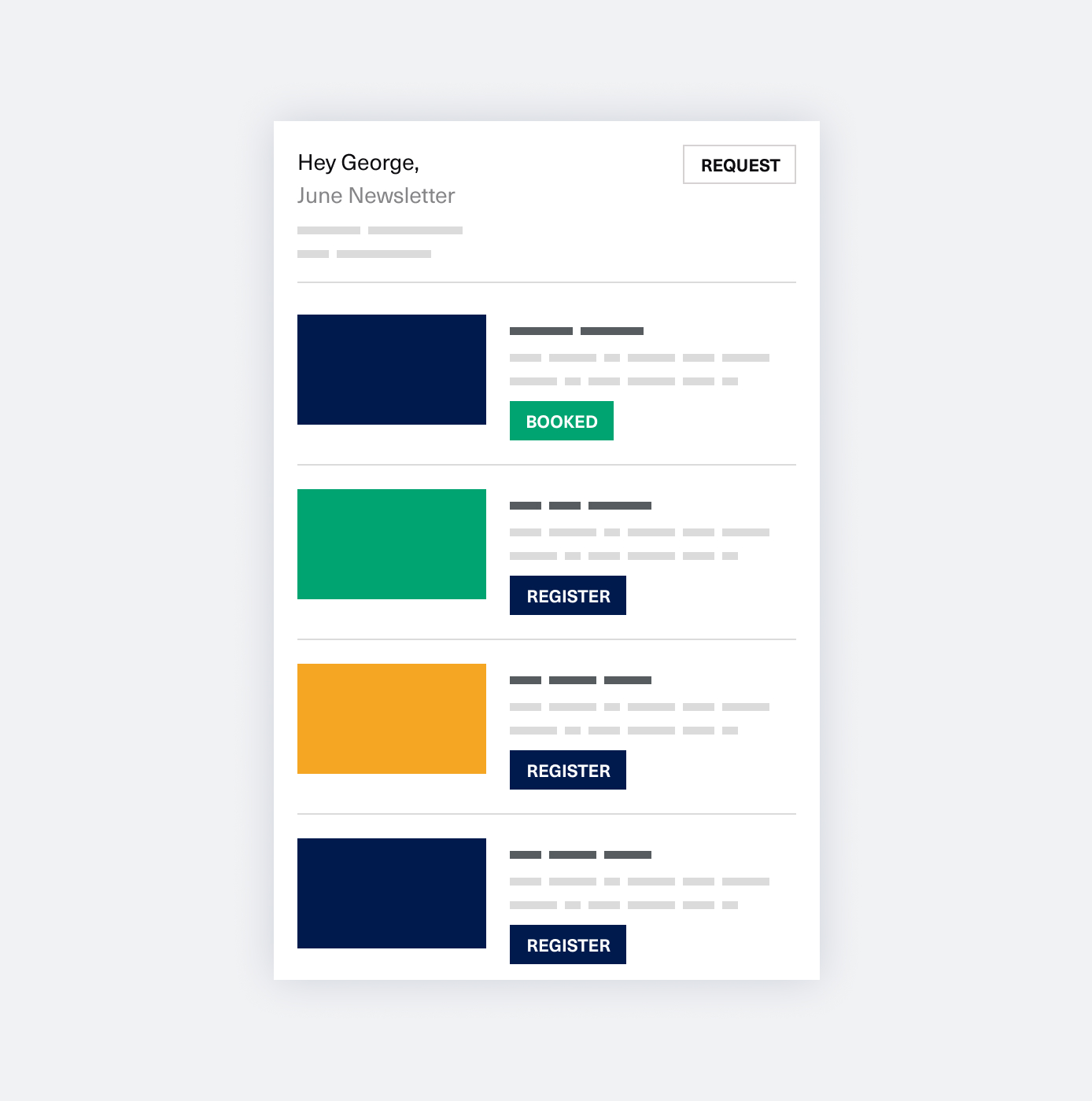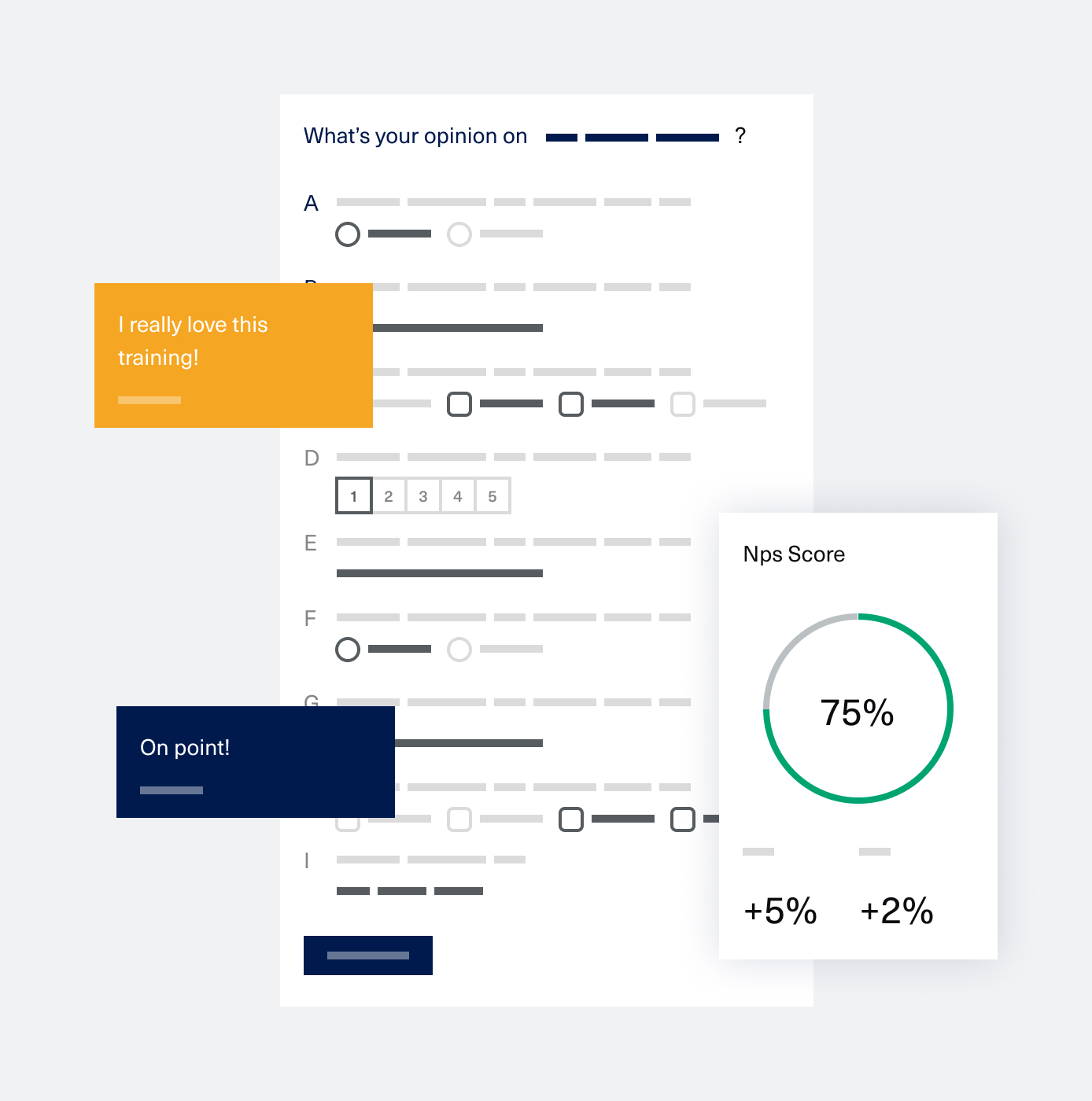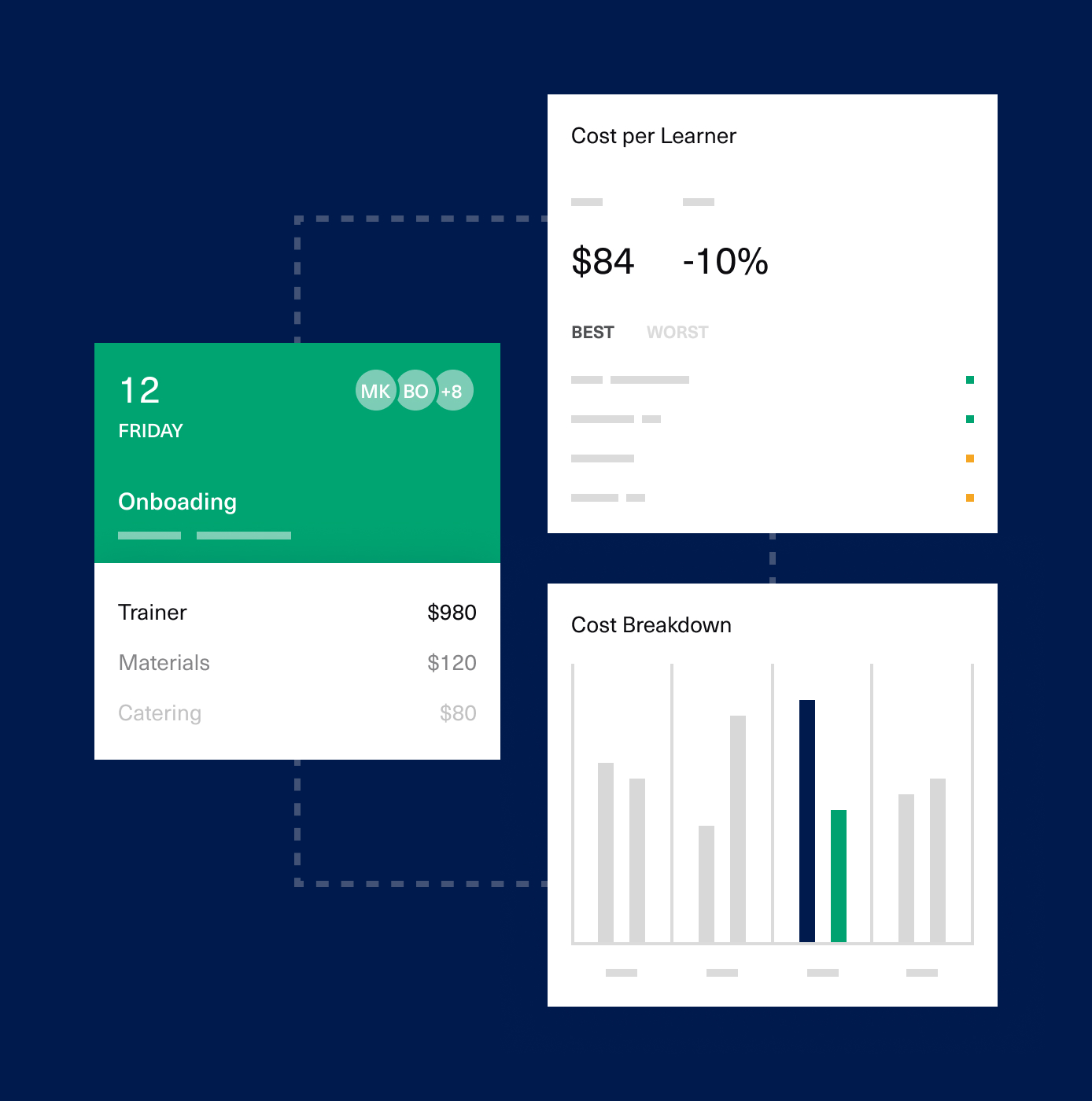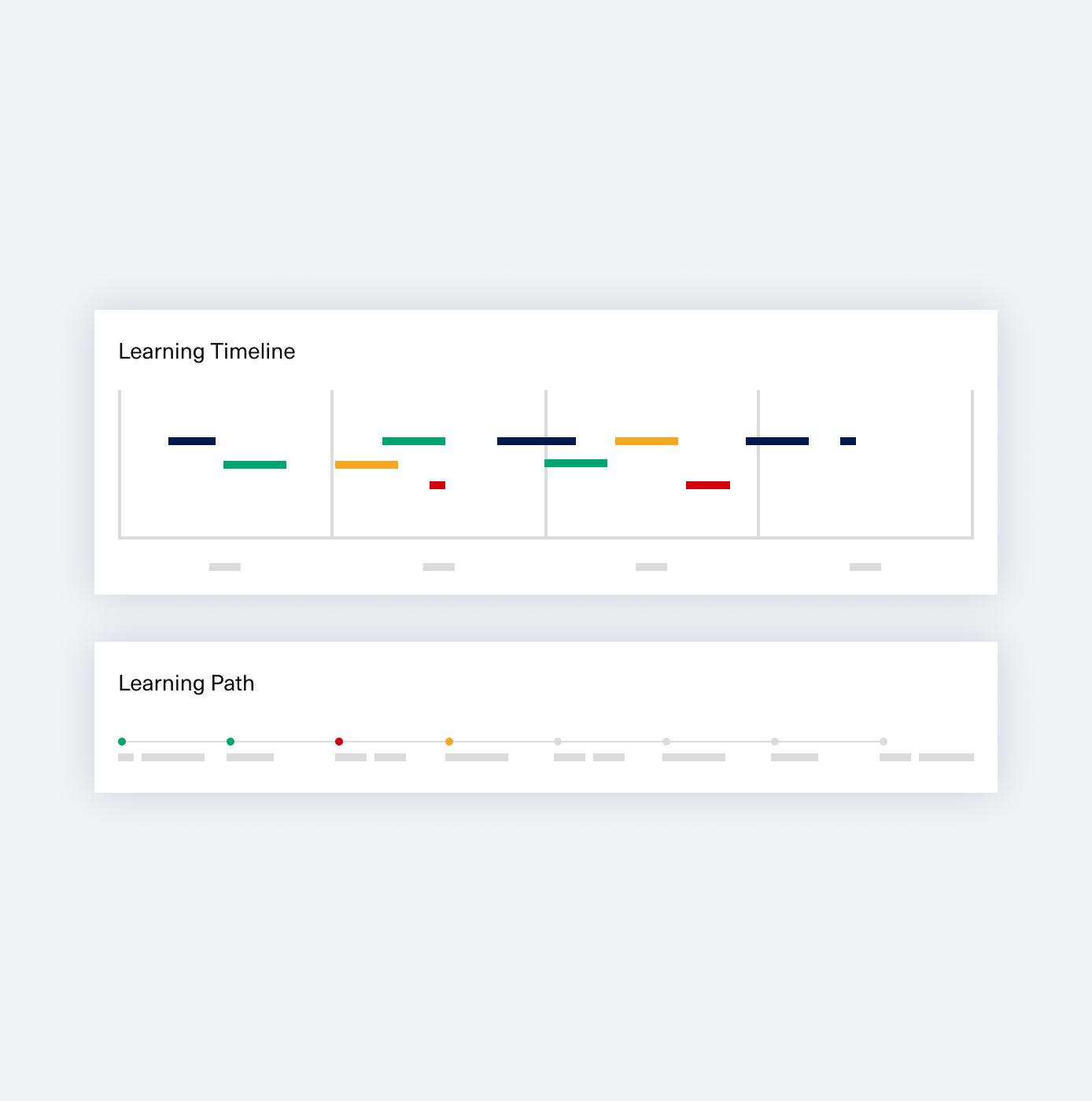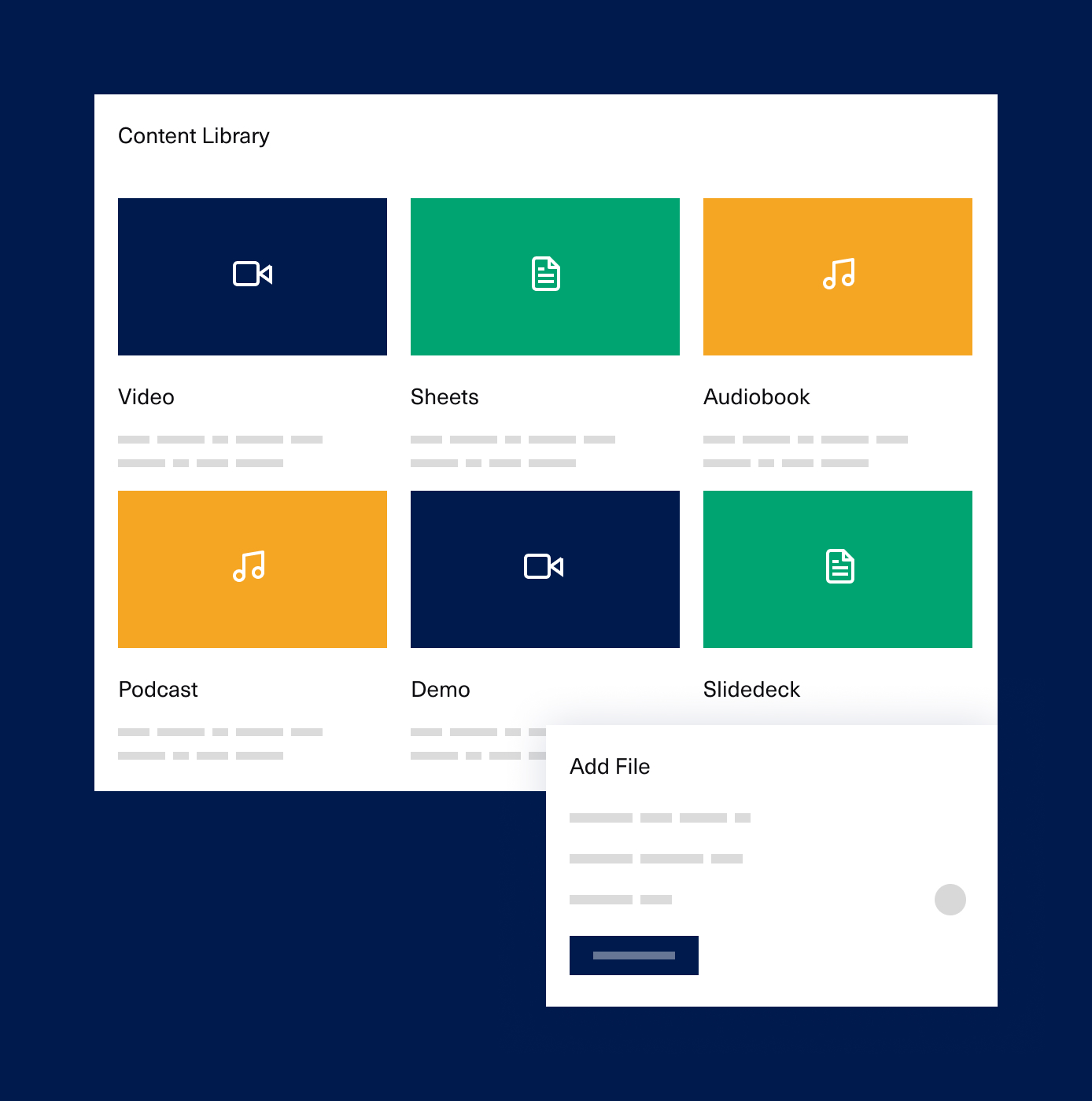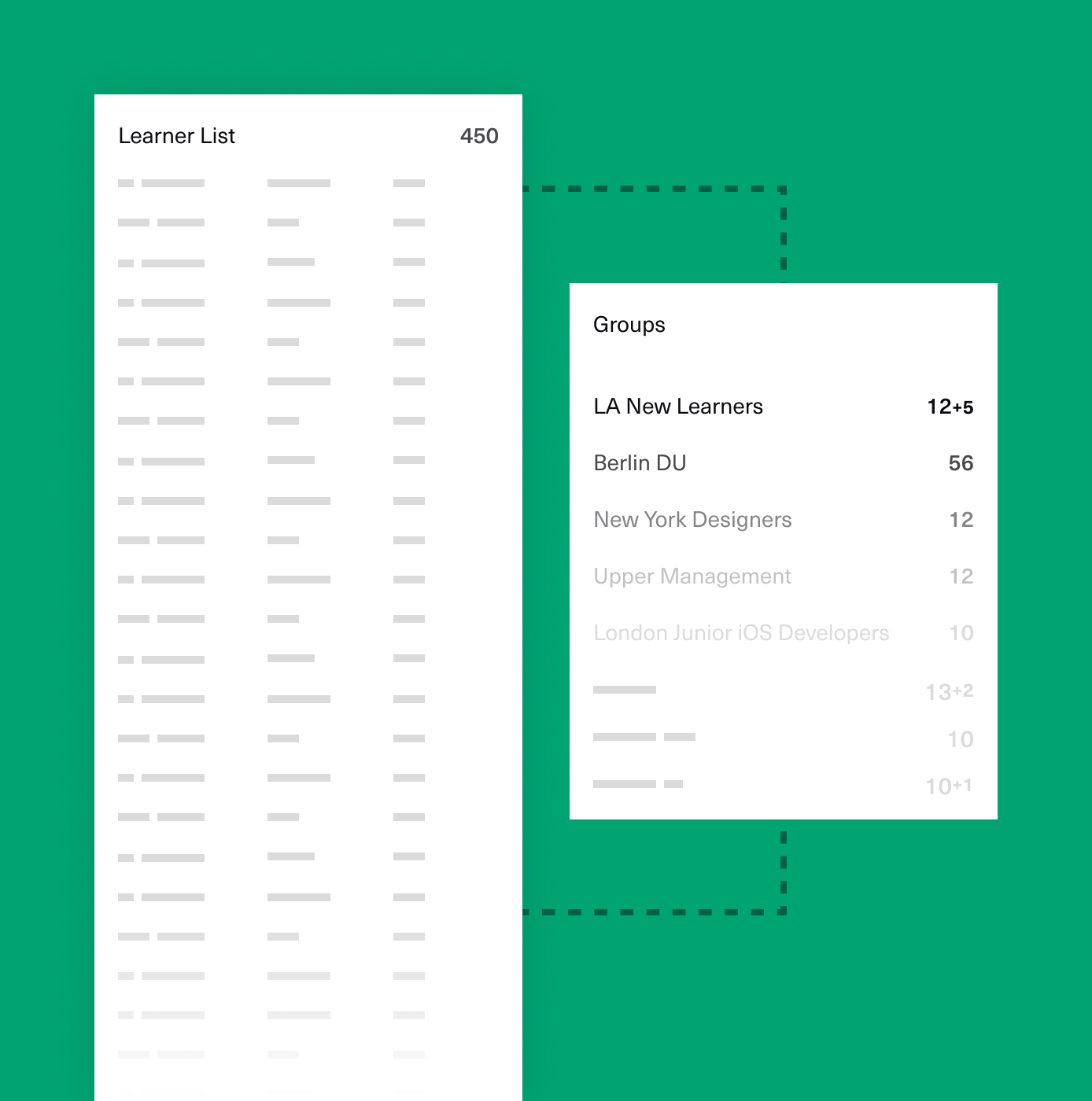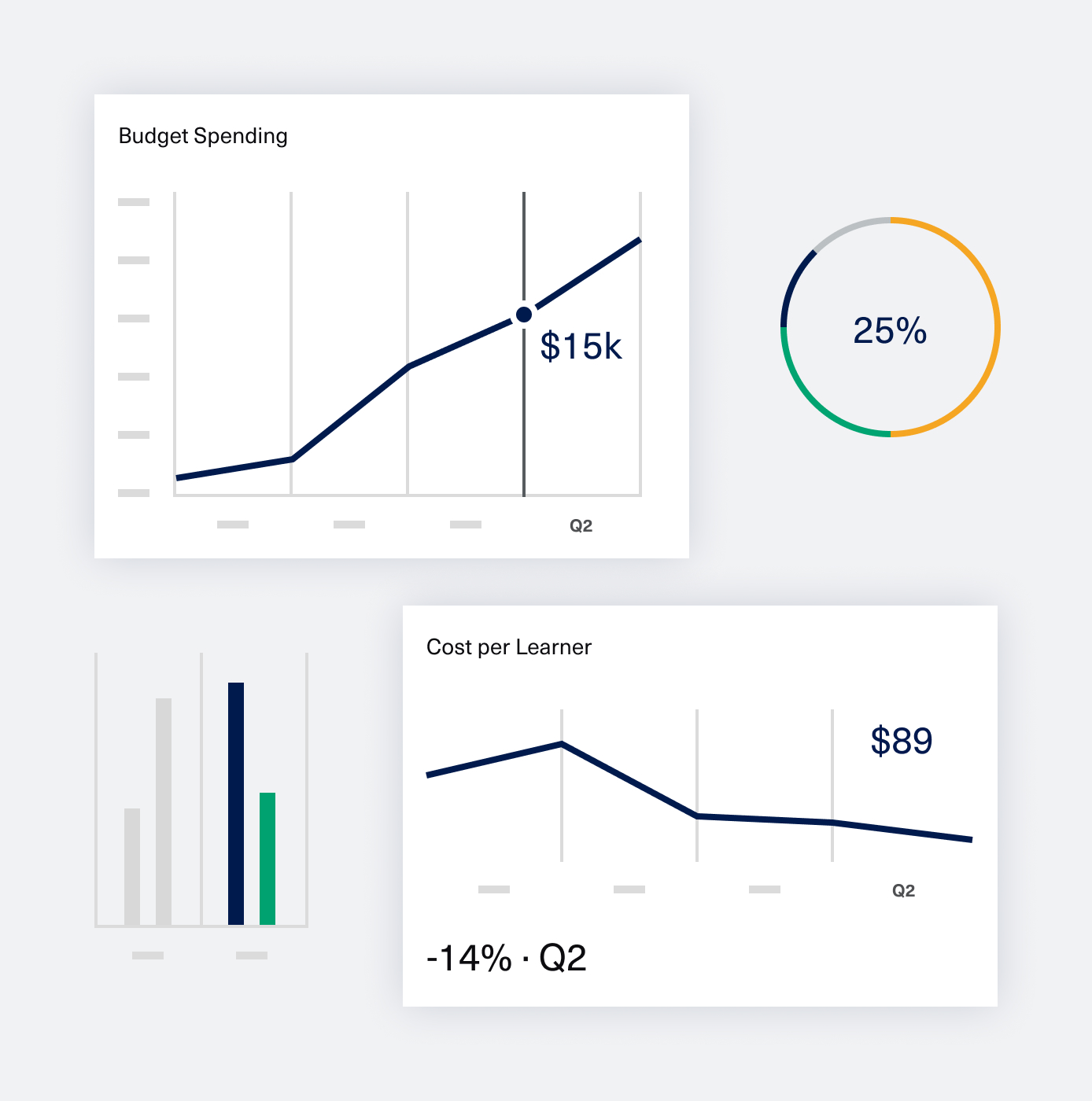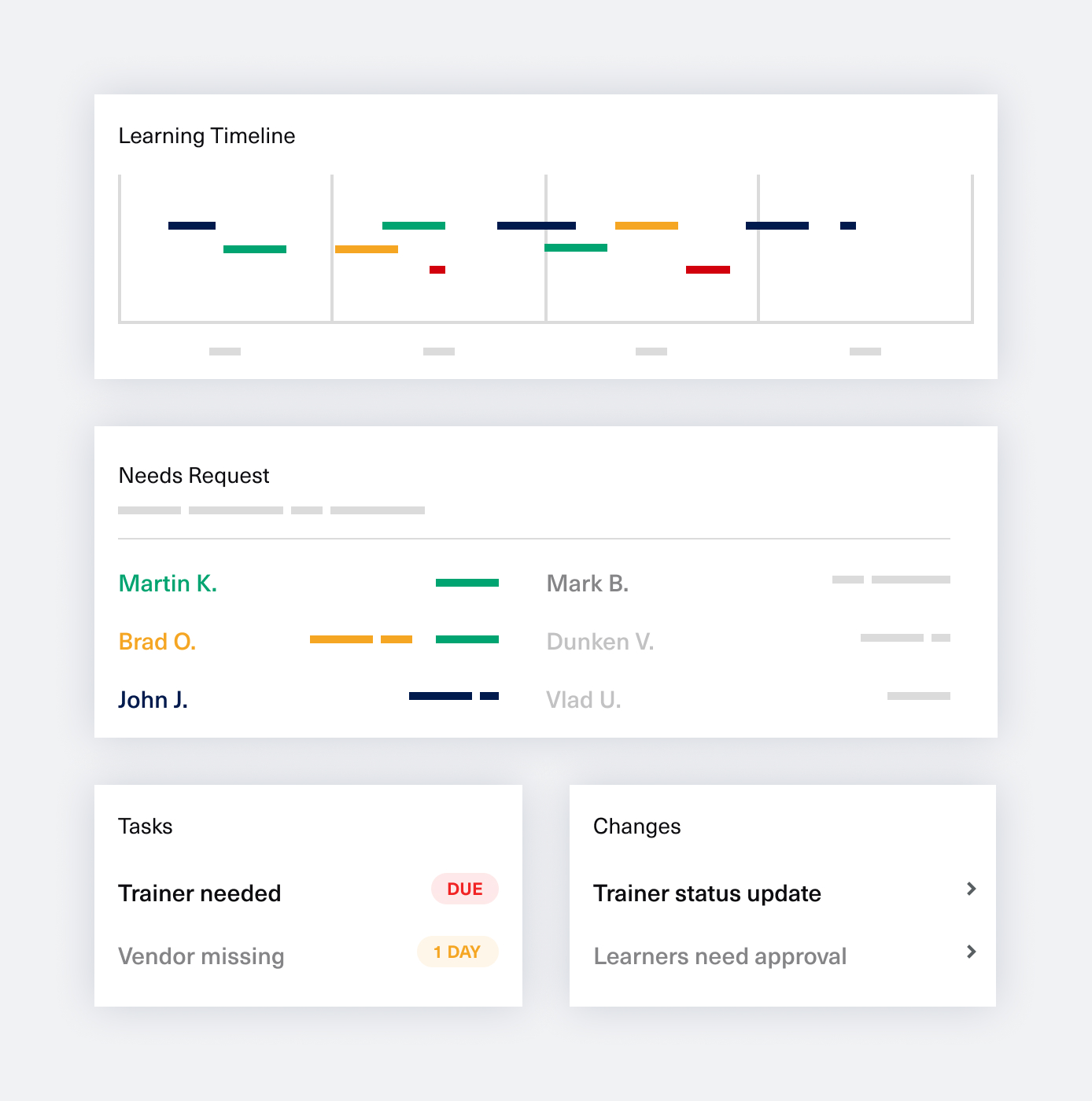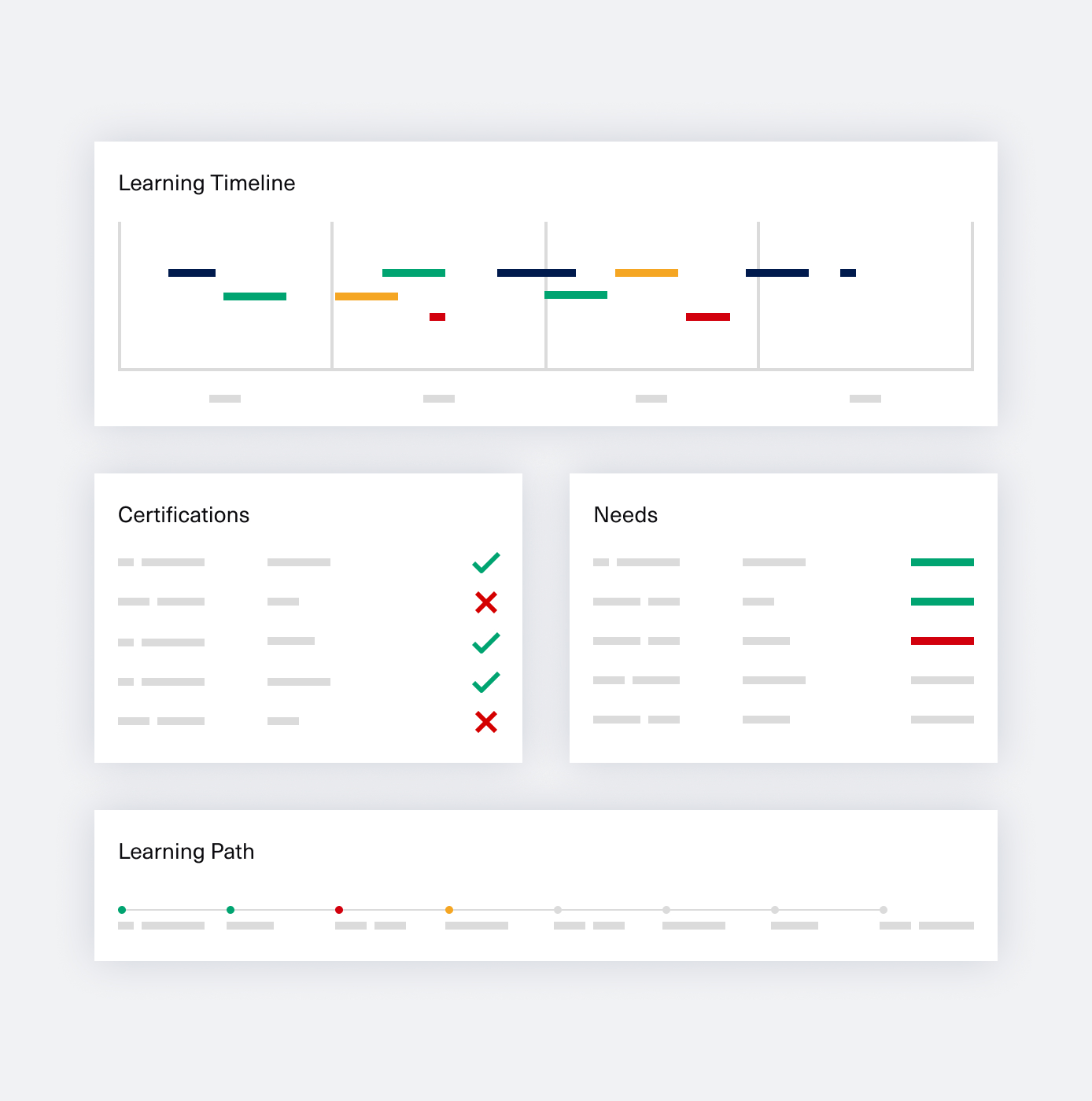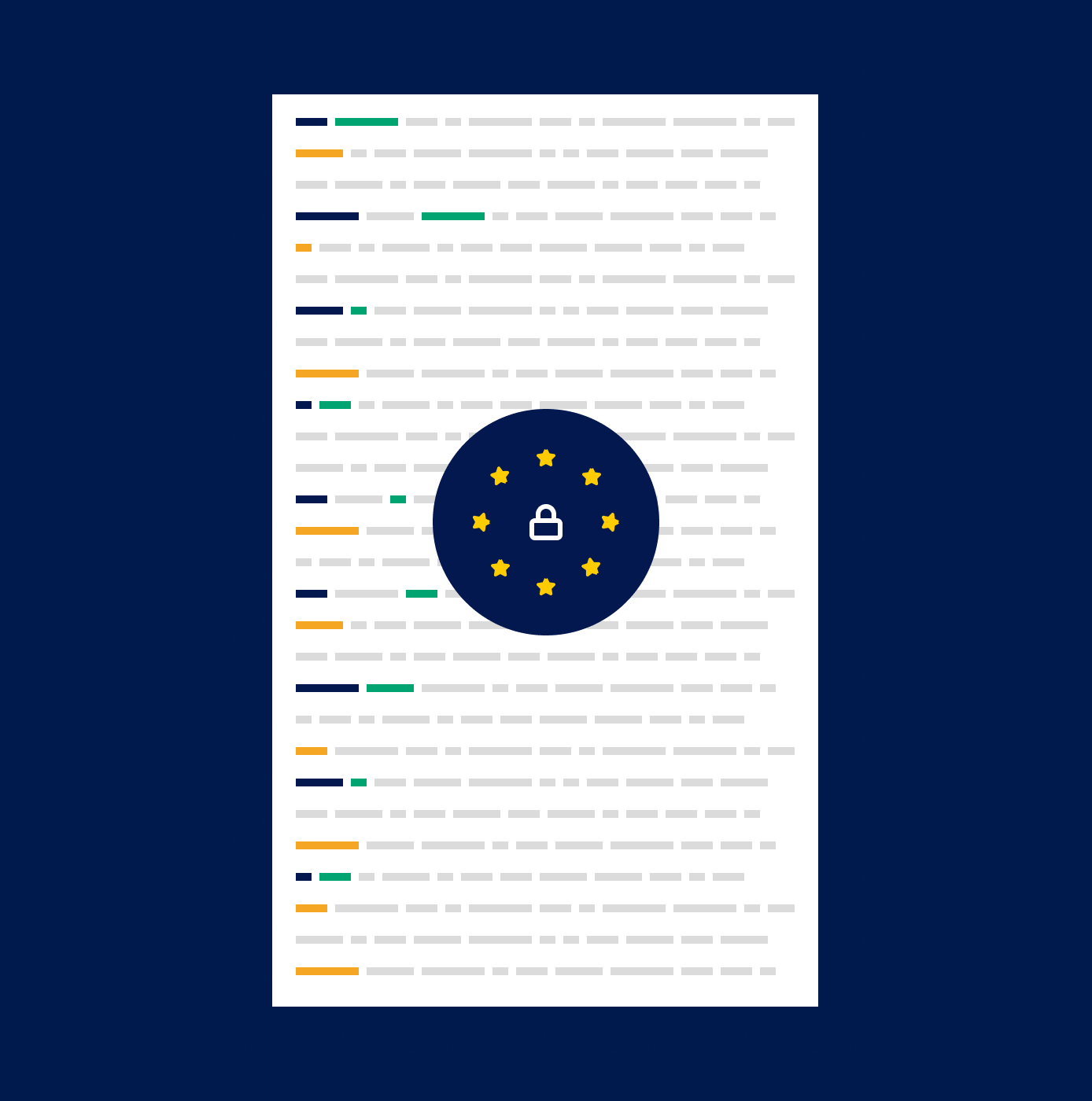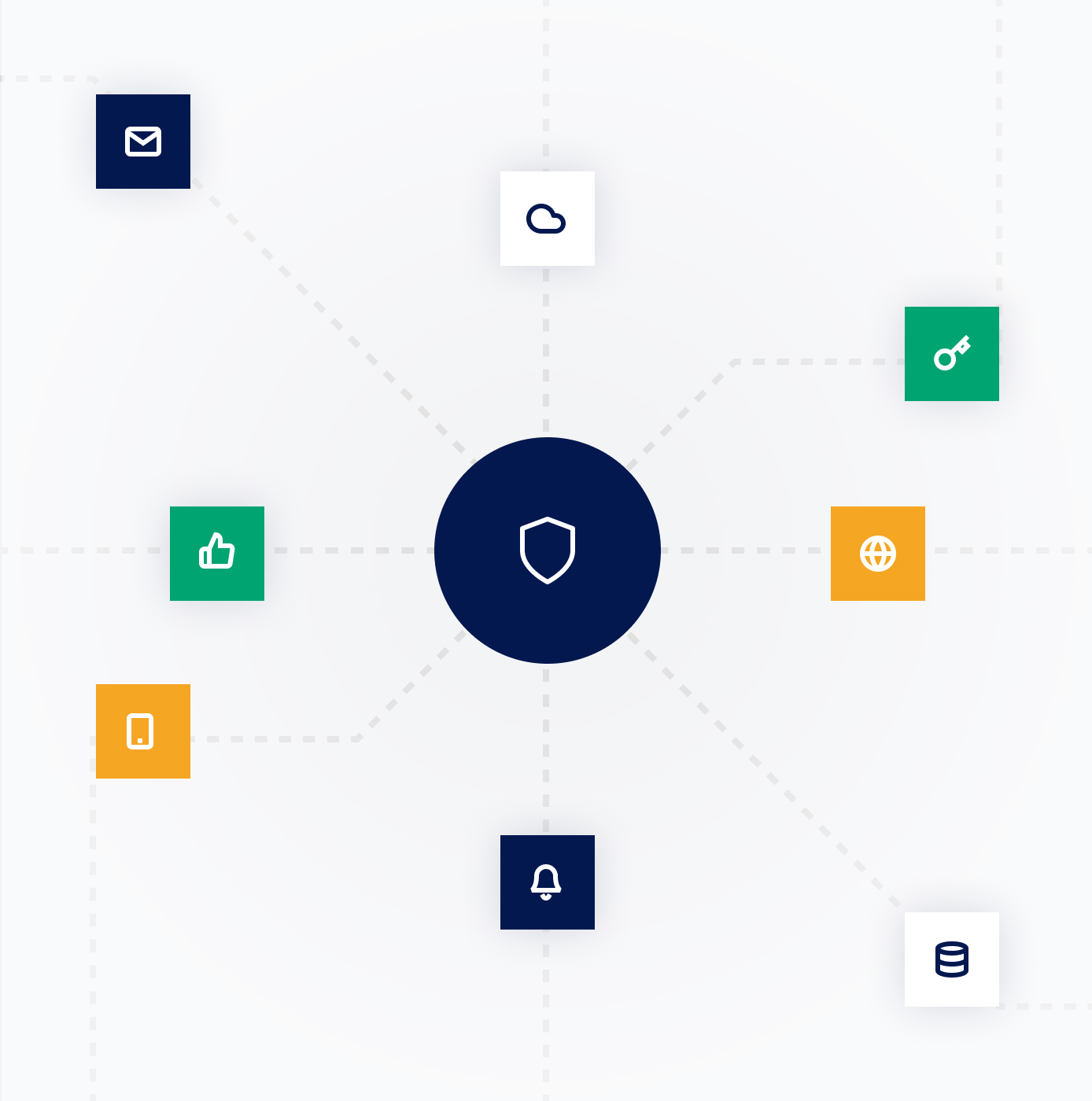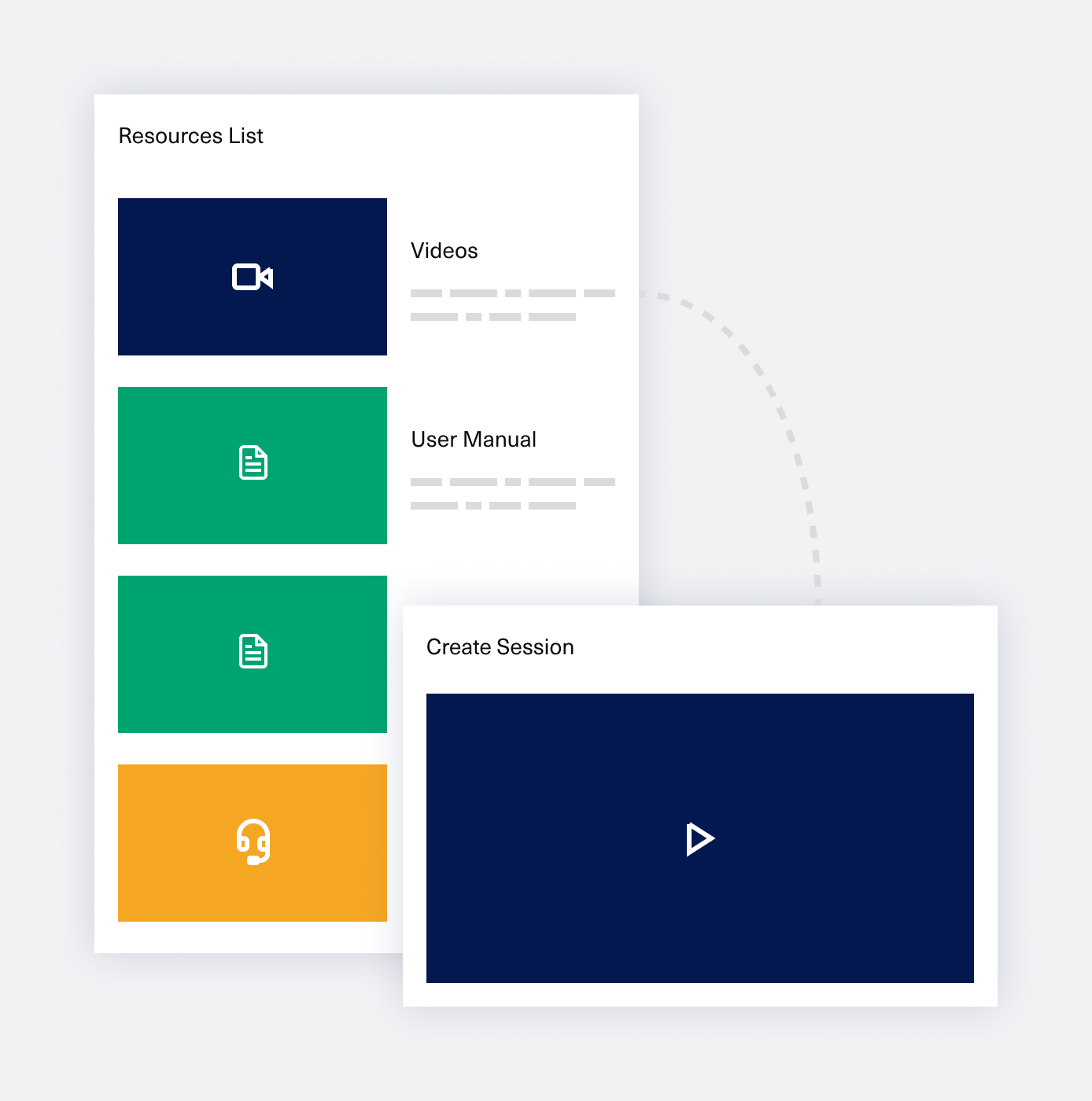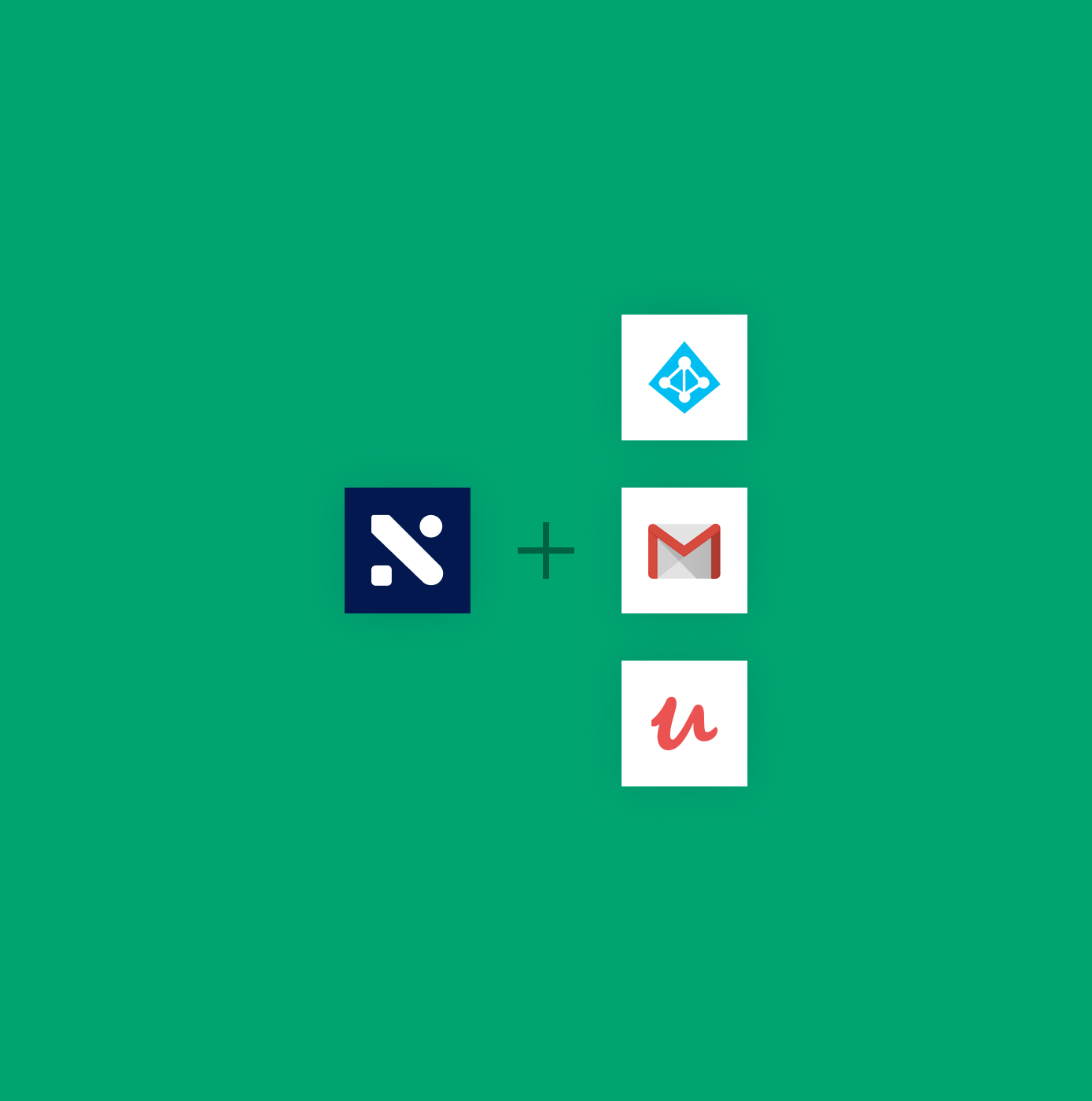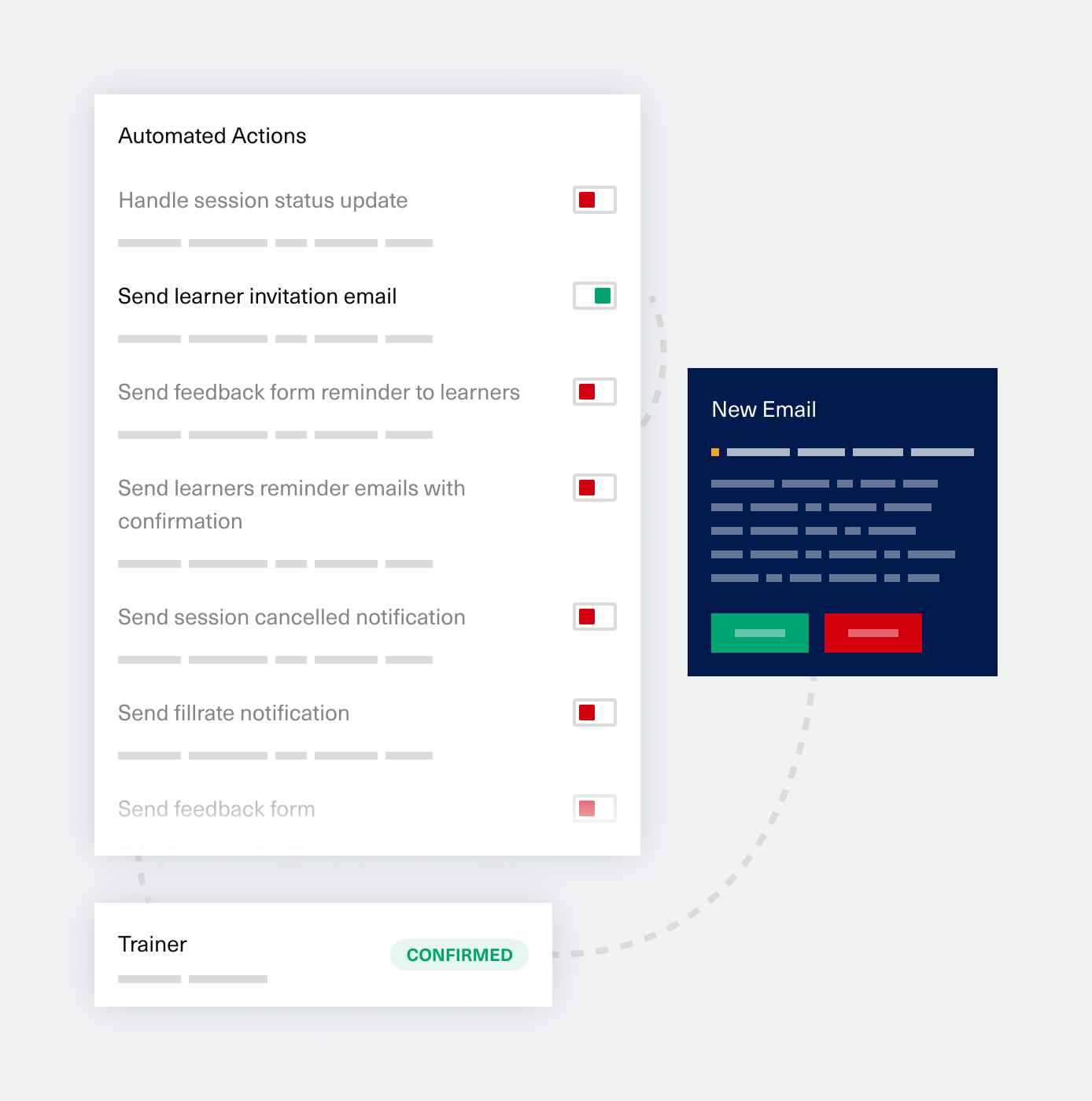Highlights:
* Perform discovery interviews to learn as much as possible about the new company you are joining or to look at your current company without past biases influencing you.
* L&D is a support function, so the L&D person must improve their business acumen; this is a key factor in your future effectiveness in supporting this company.
* It’s easier to start fresh, in a new organization, as opposed to growing internally into an L&D Management role because you don’t have the same blindspots about the business. Another benefit is that outsiders tend to be perceived as having higher expertise in their domain, which makes it easier later to position L&D as a strategic partner to the business.
* Don’t dive into the needs analysis first; it’s far more important to understand the organization and what kind of strategic learning direction it can take.
* Map out your outcomes from the discovery interviews; you will start noticing patterns that will later inform your L&D strategy.
* Focus on your stakeholders’ current workflows, tasks, challenges, and behaviors instead of telling them what L&D can help with. This way, you’ll avoid biasing your conversation partners towards offering you L&D-focused answers (avoid the “I need training on time management” type of requests).
* Start defining your future L&D strategy and validate with the business if you are going in the right direction.
* Identify quick wins and take action in the first 100 days to show that you are not just asking questions but also providing results.
* Avoid creating expectations and over-promising early on. Don’t take it personally if some of your ideas won’t come to life or certain business stakeholders don’t want L&D’s help at this early stage; there will be opportunities to collaborate later.
A phrasing suggestion to avoid creating expectations during your discovery interviews:
*Disclaimer – this is not yet a need analysis – let’s get to know each other and see where we can cooperate.
My job is to create the underlying fundaments for learning and knowledge exchange to happen organically and support and drive any formalized learning initiatives with evidence-based solutions.
Questions to ask your organization during the first “reconnaissance mission”:
1. 1-sentence description – what’s your job:
2. 1-sentence description – what does your product/service do:
3. Daily tasks:
4. Difficulties:
5. Intersection with other depts.:
6. Which skills are crucial for your job/your team’s job?
7. One thing to change about the way the company operates that would improve the area?
8. What does organizational learning mean for you?
9. How do you learn?
10. What do you think my role can help you with? (props to Donald Taylor for flipping this question around in a way that prevents creating expectations)
